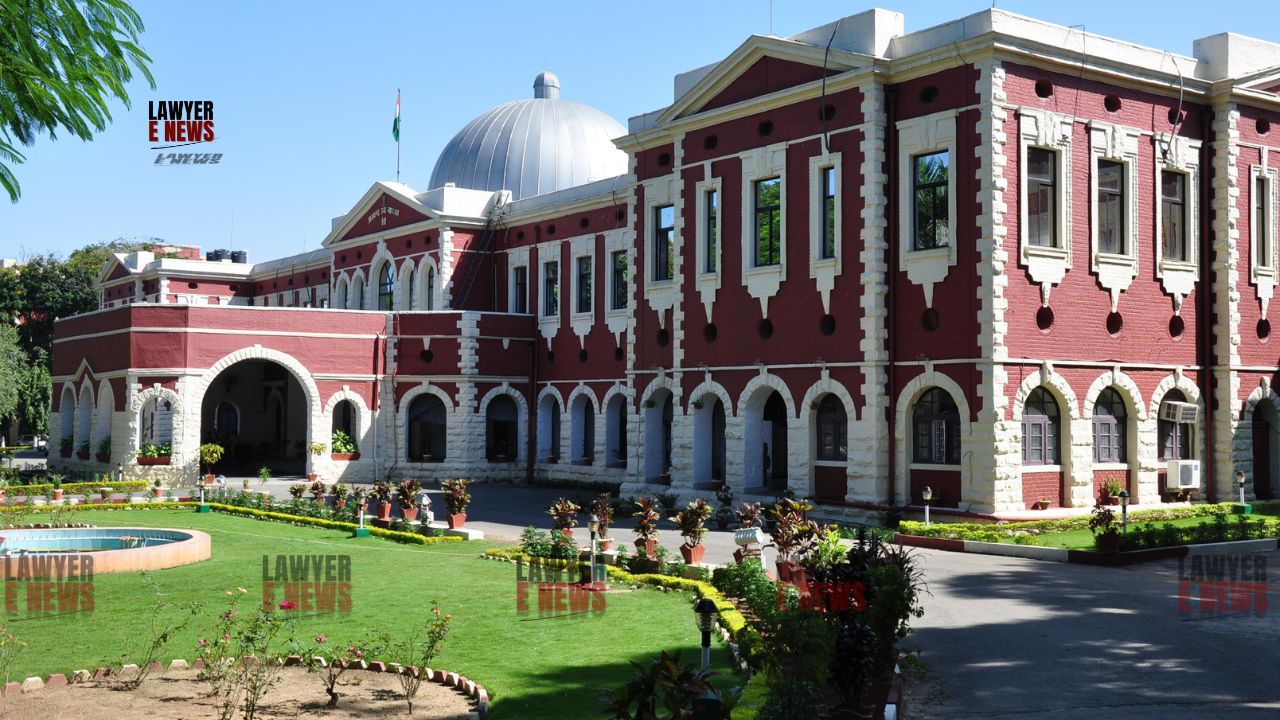-
by Admin
15 February 2026 5:01 PM



Jharkhand High Court quashes criminal proceedings, reinforcing the need for civil remedies in property disputes. The High Court of Jharkhand, presided over by Justice Sanjay Kumar Dwivedi, has quashed the entire criminal proceedings initiated under Sections 145 and 146 of the Criminal Procedure Code (Cr.P.C.) in Criminal Misc. Case No. 29 of 2024. The Court found that the proceedings were without jurisdiction and conducted in violation of legal procedures and natural justice. The case involved the attachment and management of property associated with M/s Paritran Medical College and Hospital, mortgaged for a substantial bank loan.
The dispute centered around 26 acres of property, including medical equipment and structures, mortgaged by M/s Paritran Medical College and Hospital to secure a loan from a consortium of banks led by Punjab National Bank. The property was auctioned off after the loan default, with Baba Baidyanath Medical Trust emerging as the successful bidder. The Trust received the sale certificate and possession of the property. However, a subsequent application by an individual associated with the previous owners led to the initiation of proceedings under Sections 145 and 146 Cr.P.C., which the Trust challenged as unlawful.
The High Court observed that the proceedings under Sections 145 and 146 Cr.P.C. were conducted without providing an opportunity for the petitioners to be heard, which is a fundamental breach of natural justice. The petitioners were not notified of the proceedings, and the orders were passed ex-parte.
The Court emphasized that the initiation of proceedings under Section 145 Cr.P.C. was outside the jurisdiction of the authorities involved. The matter, which was intrinsically linked to a civil dispute over property and its rightful possession, should have been addressed through civil remedies and not through criminal proceedings. The Court referred to the Supreme Court’s judgments in Shanti Kumar Panda v. Shakuntala Devi and Ashok Kumar v. State of Uttarakhand and Others to underline that criminal courts’ orders in such contexts are not binding on civil courts and that proper jurisdictional boundaries must be respected.
The Court scrutinized the application of Section 146 Cr.P.C., which allows property attachment in case of emergencies or unclear possession. It found no evidence of an emergency or disputed possession justifying the attachment order. The proceedings were initiated based on an application by a third party after the property had already been lawfully handed over to the petitioners.
Justice Dwivedi remarked, “The entire criminal proceedings under Sections 145 and 146 Cr.P.C. are vitiated as without following due process of law, the proceedings were initiated and the orders have been passed which cannot sustain in the eyes of law.”
The ruling underscores the importance of adhering to jurisdictional limits and procedural fairness in legal proceedings. By quashing the criminal case, the High Court has reinforced the principle that civil disputes, especially those involving property rights, should be resolved through appropriate civil remedies rather than misusing criminal law provisions. This judgment is expected to serve as a precedent to prevent similar jurisdictional overreach and ensure that due process is upheld in all legal matters.
Date of Decision: 01 August 2024
Baba Baidyanath Medical Trust and Another v. State of Jharkhand and Others
